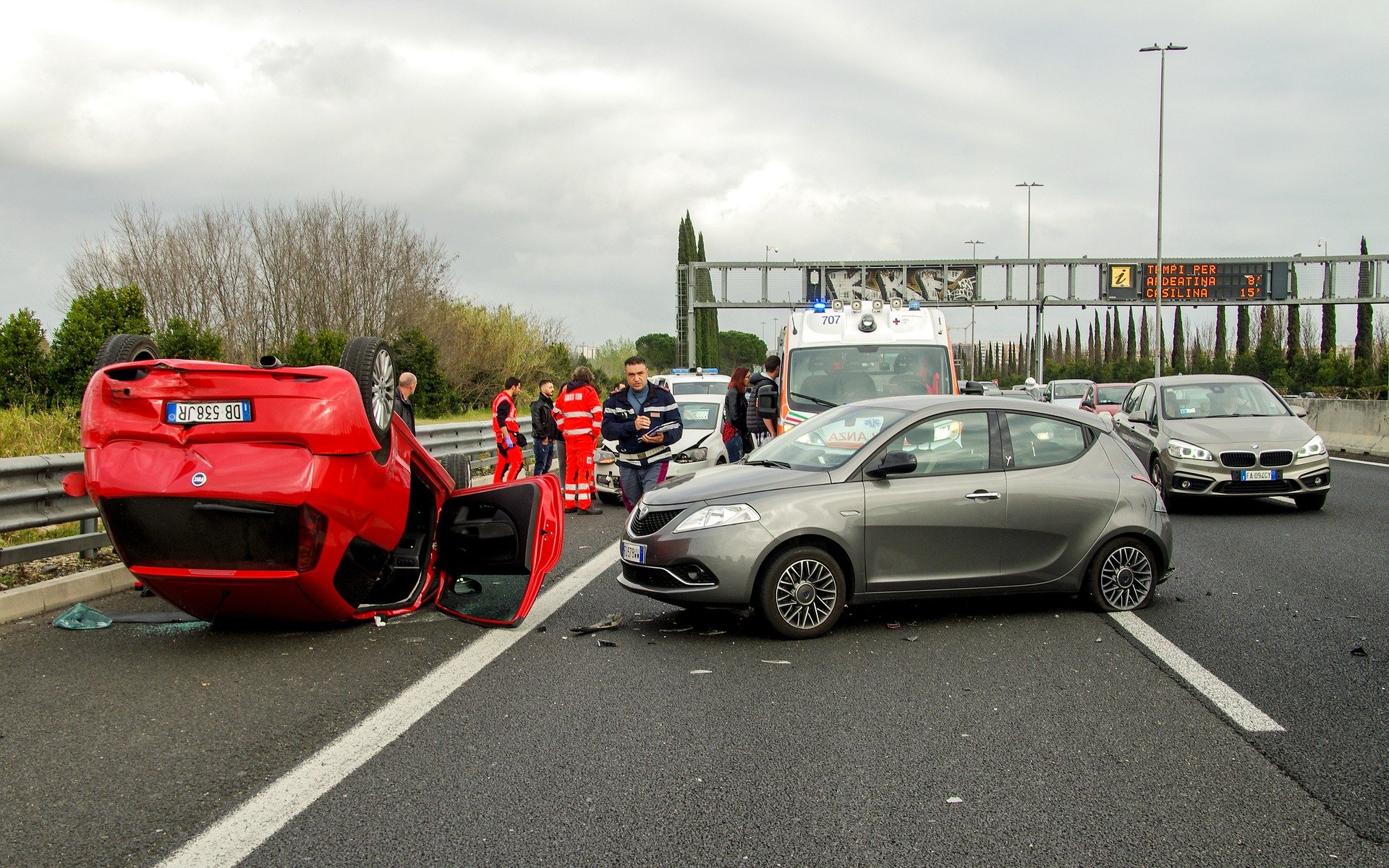The Role of Insurance Companies in Car Accident Cases
Physically and monetarily, the aftermath of a car crash may be devastating for all parties involved. Insurance firms play an important role in this context. When it comes to situations involving automobile accidents, insurance firms play a key role by offering protection against monetary damages. The function of insurance providers in vehicular mishap litigation is the subject of this article.
First and foremost, you must realize that insurance firms are for-profit enterprises. It implies they’re primarily concerned with protecting their bottom line, which may put them at odds with the needs of their clientele. That’s why it’s crucial that you read the fine print of any insurance policy you’re considering buying.
Damages sustained in an automobile collision are often covered by the policyholder’s insurance company of the driver who was at fault. This incorporates both physical harm and financial loss. The insurance firm is responsible for conducting an investigation into the incident and making a damage assessment.
When the insurance company has calculated the total cost of the losses, they will make a settlement offer to the victim. It’s vital to keep in mind that insurance companies, in an effort to limit their financial exposure, will often provide the lowest feasible settlement. This is why it’s crucial for the hurt party to know their legal options and the potential compensation they may get.
By accepting the compensation, the injured person agrees to waive any future claims they may have against the negligent driver and signs a release of liability. This is why you shouldn’t accept a settlement offer from an insurance company without first talking to a qualified personal injury attorney.
Insurance companies can make inadequate settlement offers or flat-out refuse to pay claims. In such a case, the wounded person may need to sue the motorist who caused the accident in order to recover financial compensation for their losses. The insurance company will pay for the driver’s legal representation in this scenario.
The insurance company will be responsible for paying the damages granted by the court if the injured party wins the lawsuit. However, if the damages exceed the policy’s maximum, the motorist at fault may be held personally liable for the difference. It’s worth noting that certain insurance providers may also cover damages caused by uninsured or underinsured drivers. If you are in a collision with a motorist who does not have insurance, or who does not have enough insurance to pay the damages, this policy will protect you. This protection is especially helpful in hit-and-run situations if the culpable motorist cannot be located.
In sum, insurance firms serve an essential purpose in situations involving automobile accidents by compensating policyholders for material harm. When buying insurance, it’s crucial that you know exactly what you’re paying for. Damages sustained in an automobile collision are often covered by the policyholder’s insurance company of the driver who was at fault. But, keep in mind that insurance companies are for-profit enterprises and may offer to settle for the smallest sum available. This is why it’s crucial for the hurt party to know their legal options and the potential compensation they may get.
If the settlement is accepted, the injured party will be barred from taking legal action against the motorist who caused the accident. A lawsuit against the negligent motorist may be necessary if the insurance company disputes the claim or makes an inadequate settlement offer. The insurance company will pay for the driver’s legal representation in this scenario. Before accepting a settlement offer from an insurance company, you should discuss your options with an experienced personal injury attorney.

